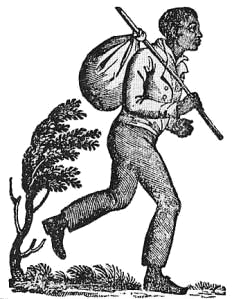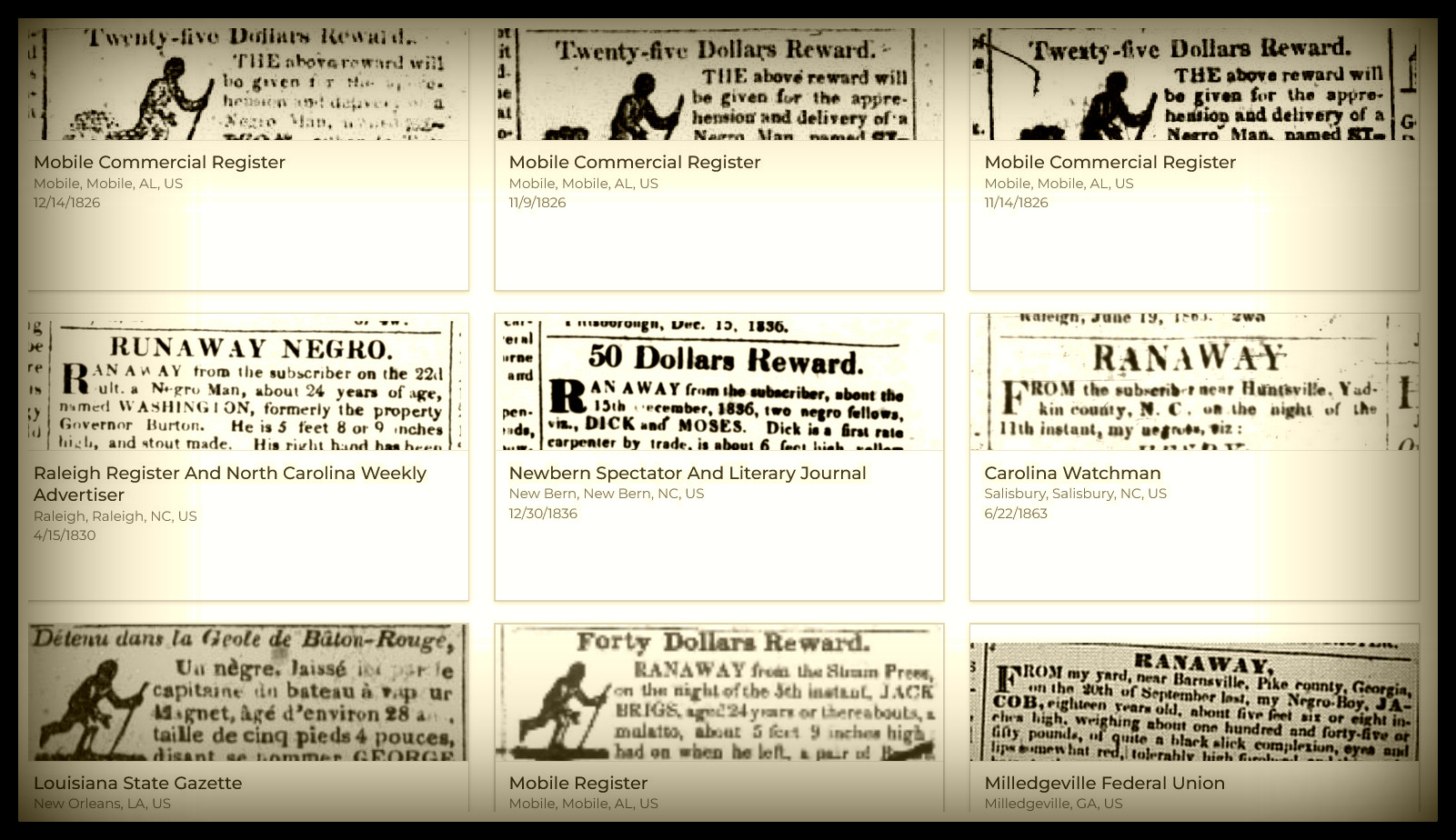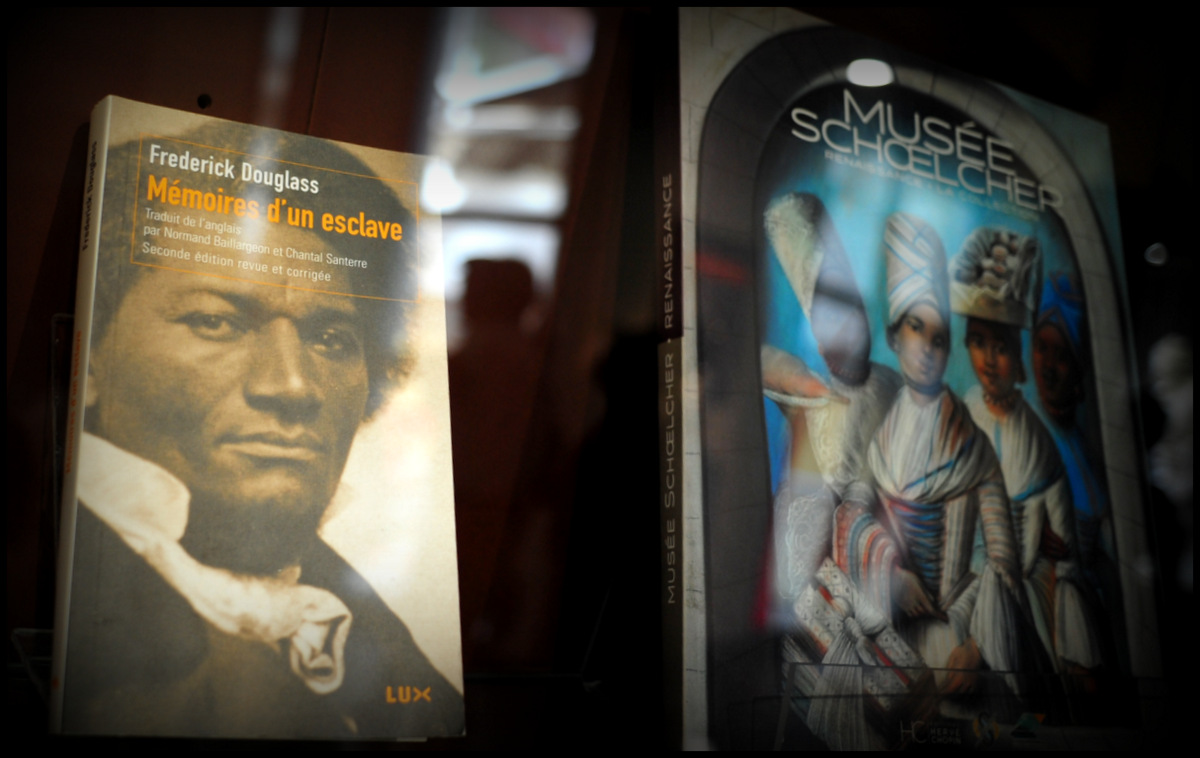January 13, 2023
As our country once again pauses to briefly acknowledge the life of Dr. Martin Luther King, Jr., we’re reminded that the Original Sin of slavery still casts its long shadow over us. While there’s absolutely no upside to the resurgence of White Supremacists in the Age of Trump, it has inescapably flung the topic on the table for all to see. Decent people reject the belief that any ethnicity is inherently superior to any other, but not all people are decent, and that can no longer be overlooked or ignored.
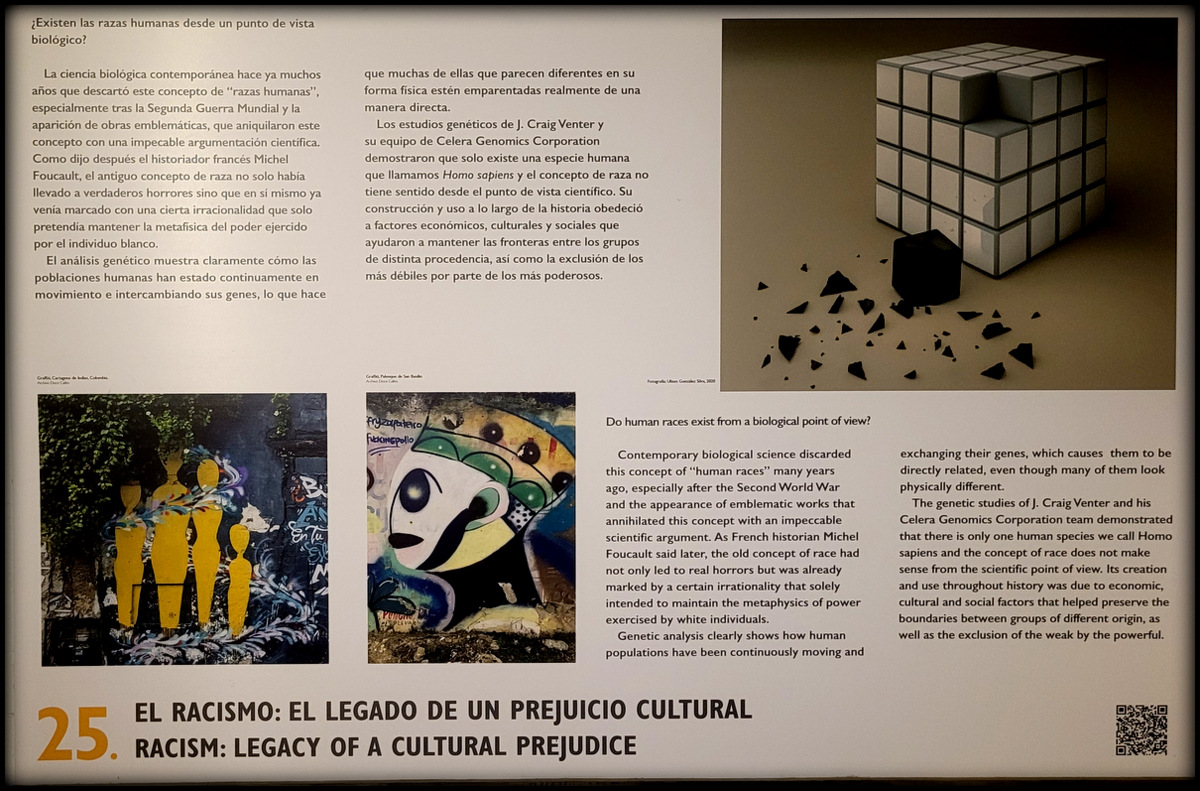
From the alt-Right tiki torch toting nazis of Charlottesville to the killing spree of Dylan Roof in Charleston, White Supremacy has explicitly and undeniably reared its ugly head again and again in the Trump era. It isn’t anything new, of course. It’s older than our country itself, in fact. The NY Times’ 1619 Project was an attempt to shed light on the four hundred year history that many Americans would rather ignore. It elicited howls of outrage from certain folks who think they should never, ever have to feel the slightest discomfort by hearing even a single word about it. Or to be reminded of this.
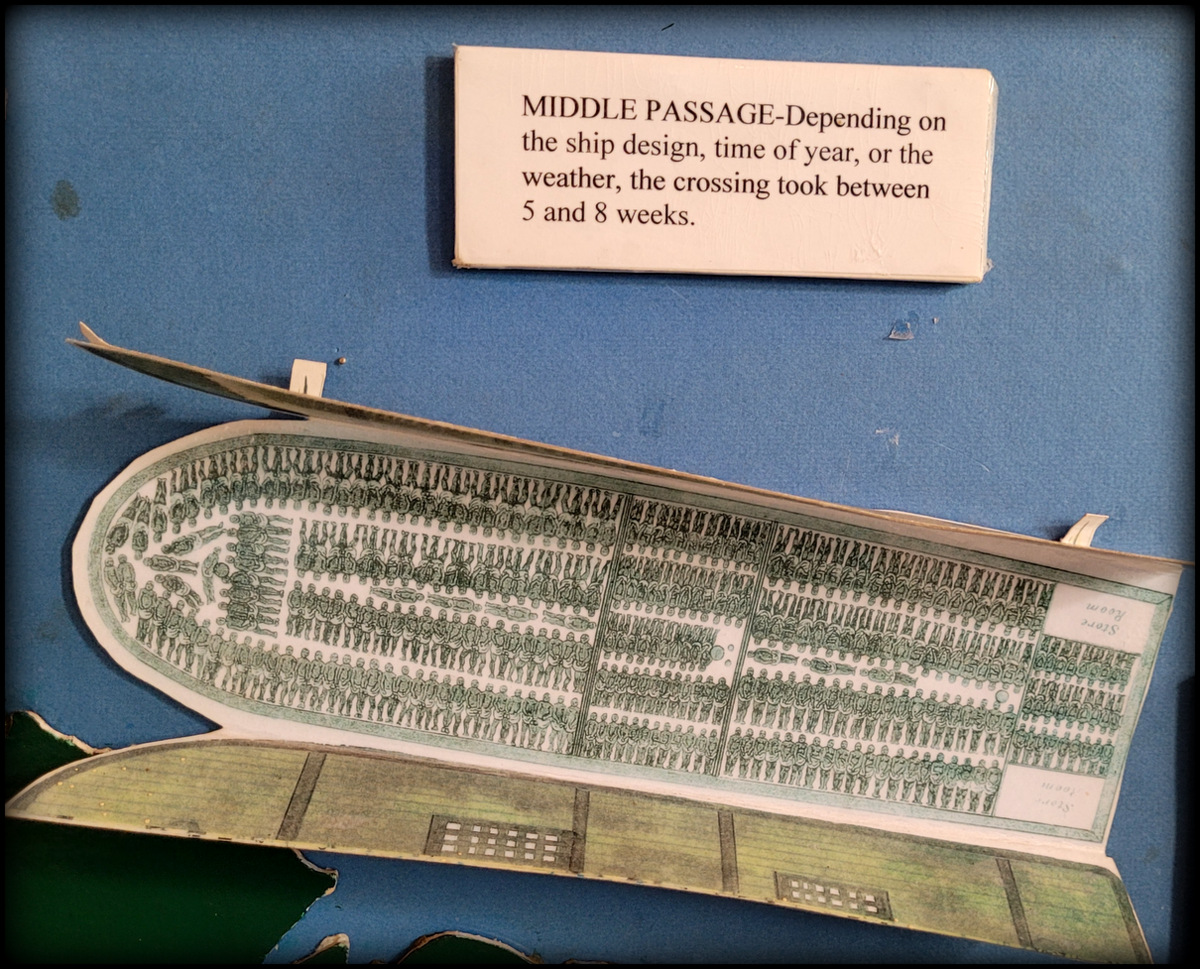
Lately, the Gazette has been out and about in the Caribbean and everywhere we turn, the legacy of slavery in this region has been staring us in the face. Here in the Dominican Republic, there’s currently a special exhibit about la esclavitud in the old part of the capital city, Santo Domingo. Since the 16th Century, the islas in this stream have played a leading role in the history of European imperialism in this Hemisphere.
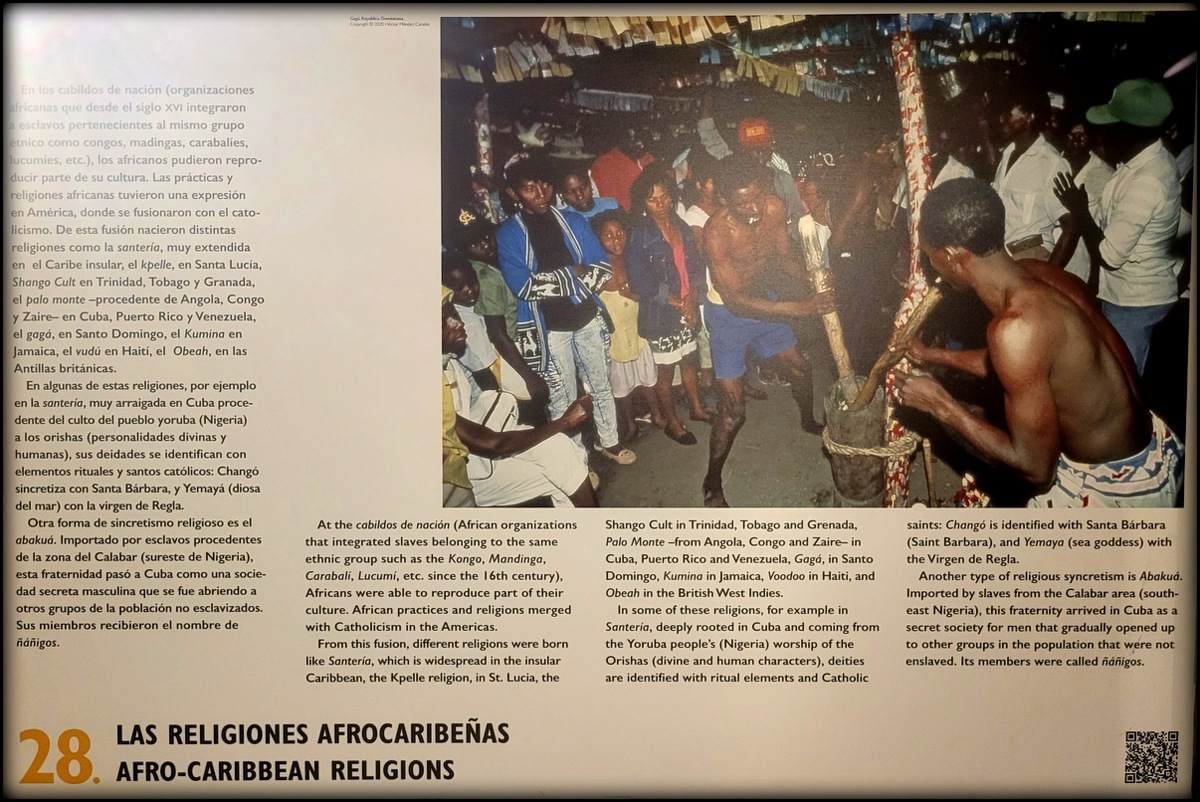
There’s another exhibit on Antigua that explains how the slaves won their freedom after a lot of lives were lost on both sides. It also intimates that the former slave owners that weren’t killed or run off the island also benefited from Emancipation: with few other options available, the newly freed slaves often wound up working for very low wages on the same sugar plantations they’d previously been forced to work on for free. Their former owners discovered it cost them less to run the farm because they’d been freed from the obligation to feed, clothe and house the slaves.
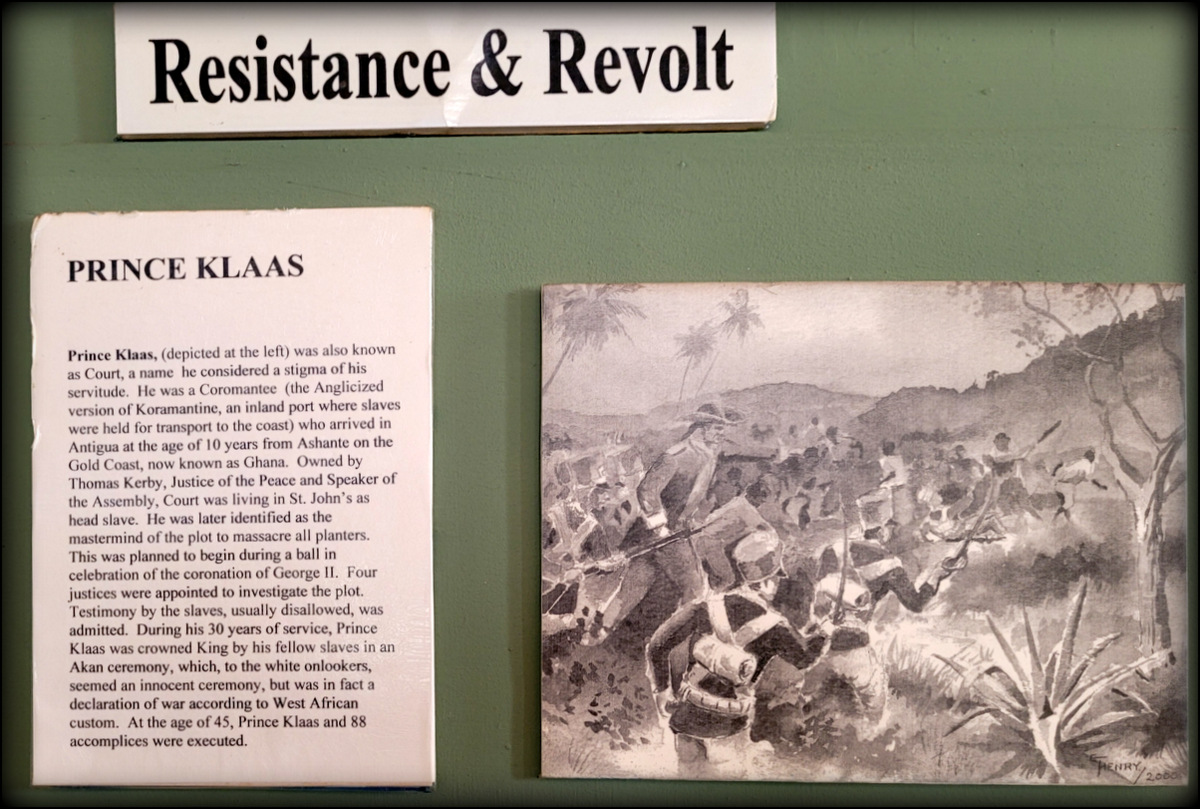
Nevertheless, the prospect of a violent death at the hands of rebellious slaves undoubtedly helped convince the greatly outnumbered Whites to change their ways and end to slavery in 1834.

At the same time that slaves were fighting for their liberty in the Caribbean, others were trying to escape to so-called “free states” in the USA. Several universities have collaborated on an amazing project that illustrates this aspect of slavery, primarily in the American South. Whenever a slave escaped, his or her owner would typically place an ad in a newspaper offering a reward for their return. What this project does is document the extent of the escape and recapture angle that isn’t usually part of what we’re taught in a high school history class. There are literally thousands of these ads, reproduced as photos on the project’s website. It’s called Freedom on the Move and we can’t think of a better way to honor MLK’s legacy this year than to spend some time with the brave people described in these ads and try to imagine this time in our country’s history.
Here’s a sample of what you can find there.
“We are compiling thousands of stories of resistance that have never been accessible in one place.
“Created to control the movement of enslaved people, the ads ultimately preserved the details of individual lives–their personality, appearance, and life story. Taken collectively, the ads constitute a detailed, concise, and rare source of information about the experiences of enslaved people.”
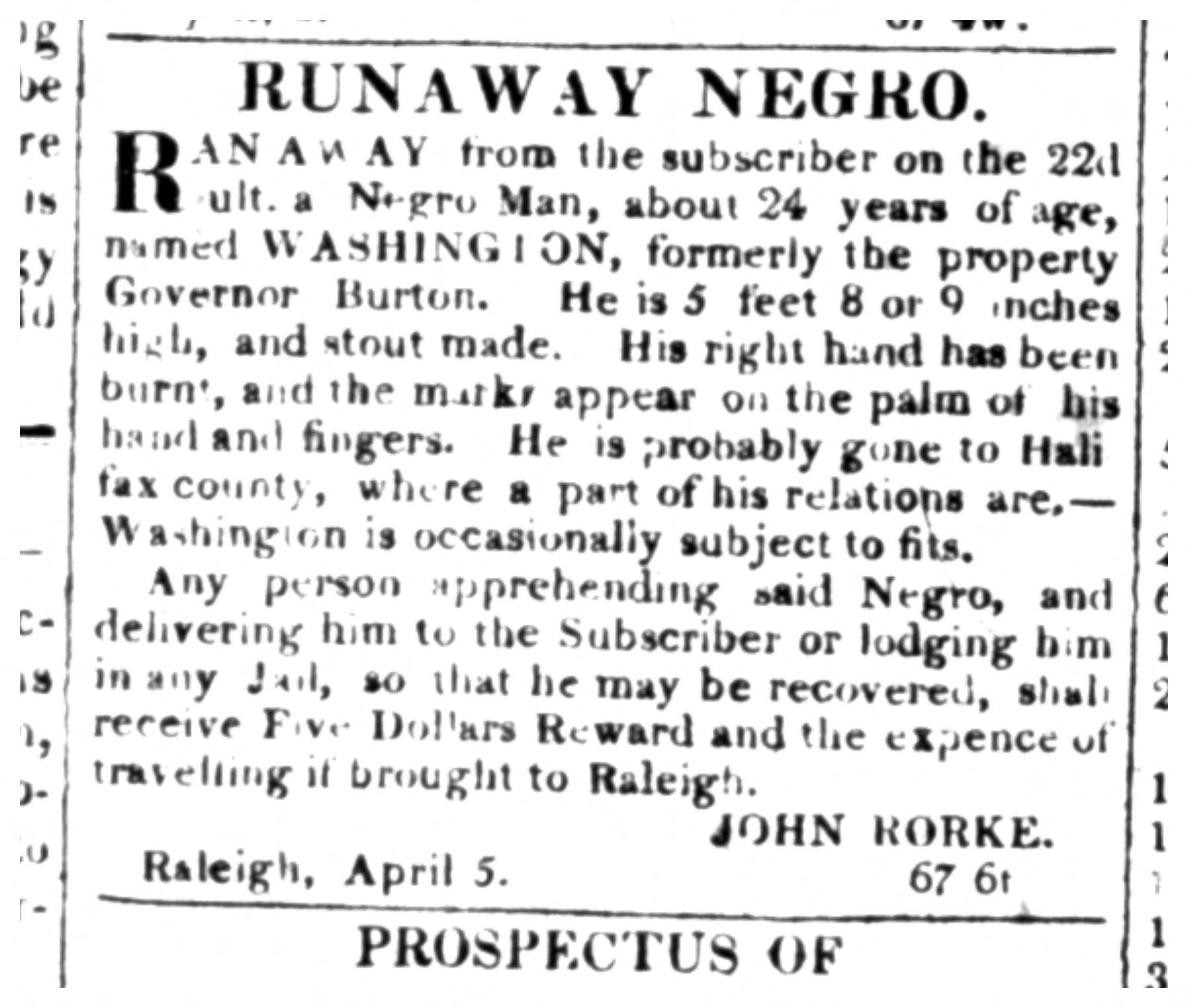
RUNAWAY NEGRO
RAN AWAY from the subscriber on the 22d ult. a Negro Man, about 24 years of age, named WASHINGTON, formerly the property Governor Burton. He is 5 feet 8 or 9 inches high, and stout made. His right hand has been burnt, and the marks appear on the palm of his hand and fingers. He is probable gone to Halifax county, where a part of his relations are– Washington is occasionally subject to fits.
Any person apprehending said Negro, and delivering him to the Subscriber or lodging him in any Jail, so that he may be recovered, shall receive Five Dollars Reward and the expence of traveling if brought to Raleigh.
JOHN RORKE.
Raleigh, April 5. 67 6t
